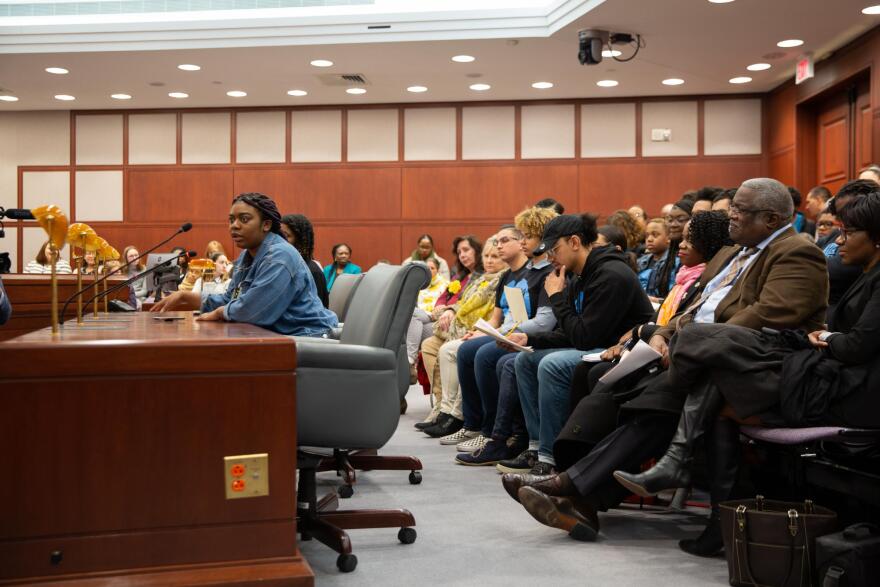State lawmakers in the House of Representatives passed a billthat would require schools to teach African American and Latino history to high school students.
Supporters of the measure say it’s time for African American and Latino history to be offered as its own course in high school, and not just as a footnote in the textbooks.
“American history seemed to be a long catalogue of kings, presidents, generals, a few industrialists and a couple of inventors, and that was about it," said Edwin Vargas, who was a teacher in Hartford for 35 years before becoming a state Rep in 2012.
“Everybody else seemed to get short shrift in American history," he said.
African American and Latino history is American history, supporters have pointed out. Learning about them as a distinct course can help students from different backgrounds understand each other better, said bill co-sponsor Bobby Gibson.
“We have to have this education so we can understand one another," Gibson said, "so we can understand our struggles, so we can understand what we’ve gone through. And the more that we do that, the more that we can understand we can love one another.”
The bill is a pared down version of what it once was. Originally, supporters wanted to make it a graduation requirement, and offer it in all grades. That would have cost about $8 million to implement. Now, they’d like to require districts to offer the class in high school, and have the state develop the curriculum. That would cost about $520,000 in the first year, according to the Office of Fiscal Analysis.
Twenty-four state reps voted against the bill, citing concerns about cost, and wondering why other ethnic groups weren't included in the bill. Nothing in the bill, however, precludes districts from creating history classes focused on other groups.
The bill drewhundreds of supportersto the state capitol during the public hearing in March.
The Senate has until June 5 to vote on the measure. If approved, high school could begin offering it in the 2021-22 schools year, and it would be a required course offering by the 2022-23 school year.





